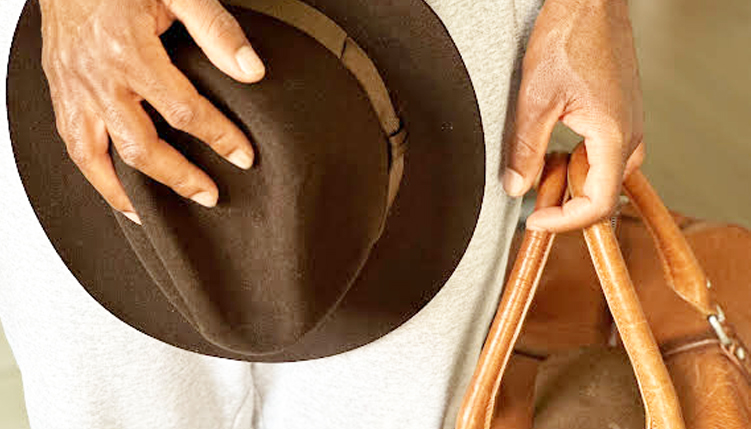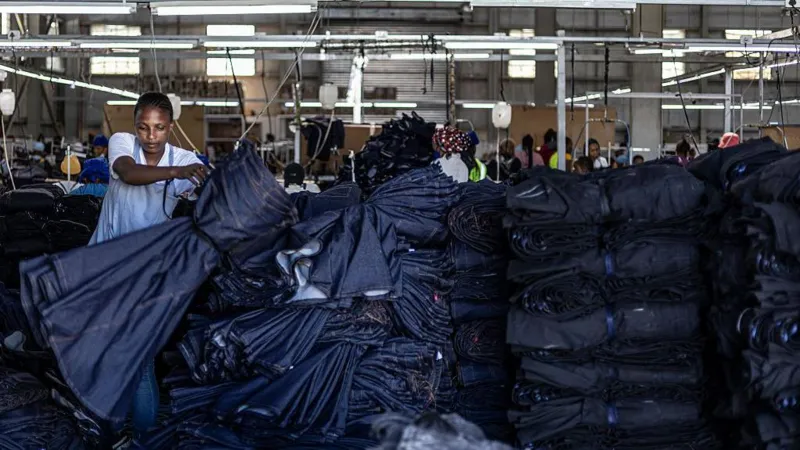I want to address all the uncircumcised men out there. Why are you not circumcised? I’m willing to bet most of your reasons are mere excuses.
For those already circumcised, hats off to you. We are in the 21st century, yet some men still hold on to outdated practices. Being uncircumcised today is like wearing outdated Paolo Falcone or Omega sandals. It’s time to modernise and consider circumcision.
Let me explain why it’s worth considering.
In many cultures and societies, circumcision is the norm and often regarded as a significant rite of passage. This practice is customary among certain cultural groups or specific family lines in Africa, as well as some communities in Namibia like the Himba.
For example, certain African cultural groups customarily circumcise their infant sons. Often, a father won’t allow an uncircumcised man to marry his daughter. This seems profound to me.
By understanding and embracing the cultural and health practices, parents can make informed decisions for their children’s well-being and have them circumcised while young. Circumcision is recommended before the age of two as performing the procedure at a young age helps avoid complications and allows the child to grow up accustomed to it.
The Namibian government should consider implementing policies requiring hospitals to either perform circumcisions on newborn boys before discharge or schedule the procedure to be done within the first six months.
It is important for parents to discuss this topic with their sons, as schools may mention it, but the decision ultimately lies with the parents, or the boy himself.
I had mine done during my matric year, thanks to the encouragement of a good friend, Kotto. To this day, I am thankful for his advice.
Interestingly, marginalised groups, indigenous people and those from lower-income groups often have their sons circumcised a lot more than those considered part of the mainstream. It’s surprising, because one would expect that those with greater access to information are more likely to embrace the practice. However, this seems not to be the case.
In central Africa, circumcision holds considerable importance, with governments investing millions in campaigns to promote it.
A few years ago, the Ministry of Health and Social Services also conducted the ‘Smart Cut’ campaign to create awareness about the health benefits of circumcision.
Circumcision provides several notable health benefits and can significantly reduce the risk of various infections. For example, it lowers the likelihood of urinary tract infections in males, which can lead to serious kidney problems if left untreated. Additionally, circumcision has been shown to reduce the risk of sexually transmitted infections, including HIV-AIDS and the human papillomavirus.
Many health professionals recommend circumcision for its various benefits, one of which is improved hygiene. The procedure helps keep the penis cleaner, as there are fewer moist areas where bacteria can thrive. It becomes easier to maintain cleanliness of the penis.
This reduces the risk of infections and other diseases. It also results in a decrease in bad odours, contributing to overall good health.
Importantly, circumcision can also boost overall confidence. This enhances sexual performance and many partners report appreciating the difference.
Despite common misconceptions, circumcision is generally not painful. The procedure is quick and it typically takes about seven days to heal completely. While it’s necessary to abstain from sexual intercourse for about a month to allow for proper healing, the benefits and ease of the procedure often outweigh the concerns.
Regardless of your age, it’s never too late to consider this procedure. Embracing modern practices and the health benefits of circumcision can be a positive step towards improved hygiene and well-being. So why not take the opportunity to make a choice that supports your health and lifestyle?
– Meneer_SK is an advocate
for men’s grooming and all matters relating to men. Follow him on
Instagram @Meneer_SK
Stay informed with The Namibian – your source for credible journalism. Get in-depth reporting and opinions for
only N$85 a month. Invest in journalism, invest in democracy –
Subscribe Now!










